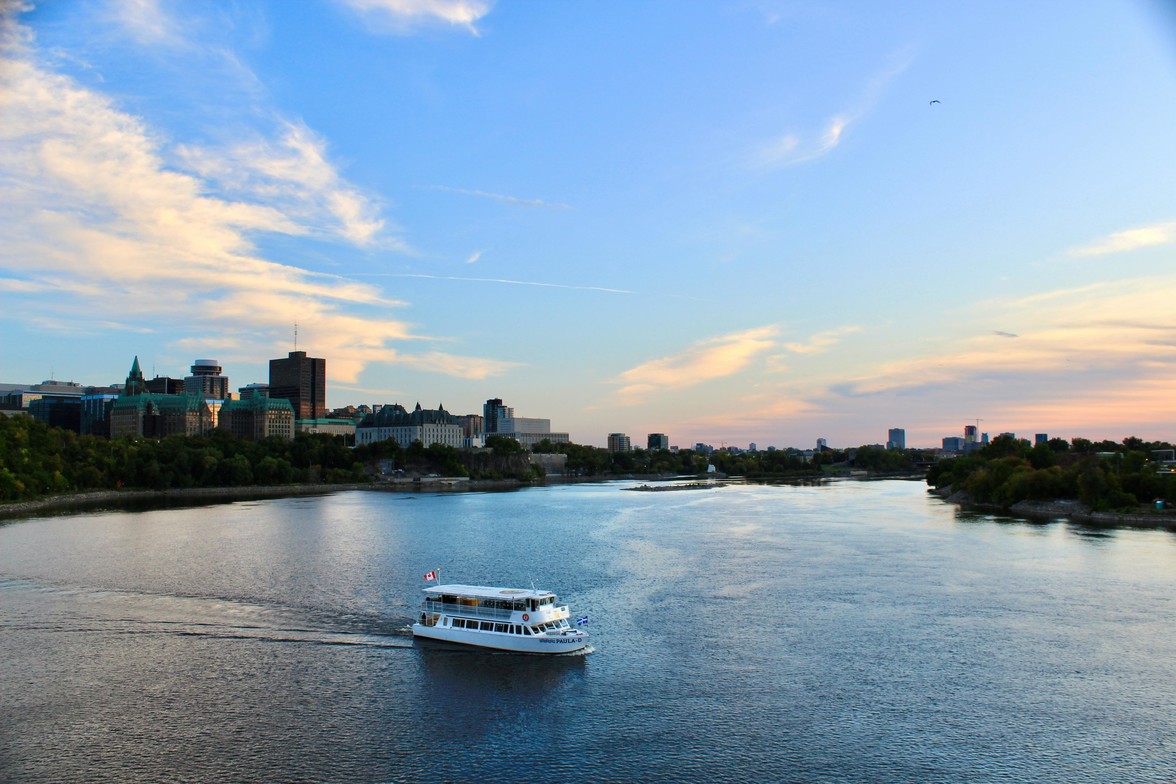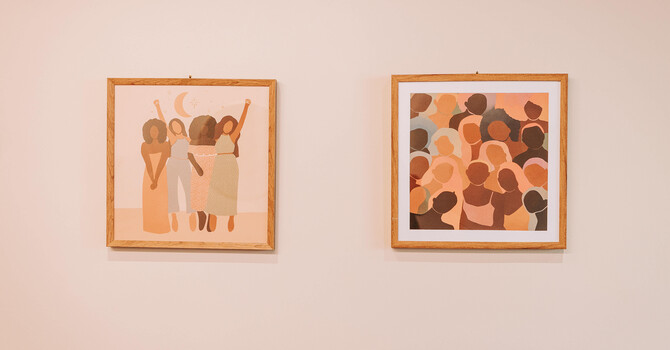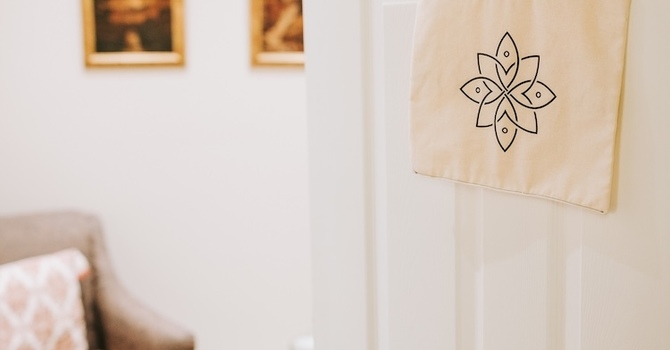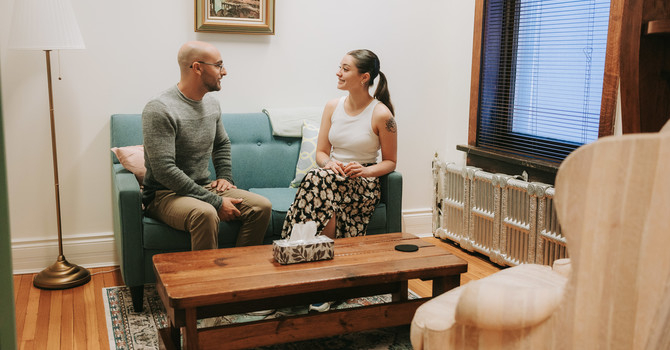
When most of us think about rest, we immediately picture sleep. While sleep is essential, research shows it’s only one piece of the puzzle. Dr. Saundra Dalton-Smith, physician and author of Sacred Rest: Recover Your Life, Renew Your Energy, Restore Your Sanity, describes seven unique types of rest that are all vital for our well-being. When one or more types are neglected, we feel drained, even if we’ve had a full night’s sleep.
As a psychotherapy clinic here in Ottawa, we often see how exhaustion impacts mental health. Many clients arrive in therapy feeling “tired but wired,” unsure of why they can’t recharge. Exploring the seven types of rest can be a helpful way to identify what’s missing and how to restore balance.
Here’s how they show up in everyday life — and where you might find them here in Ottawa.
1. Physical Rest
What most think of as the more traditional rest, physical rest includes both passive rest (like sleep or napping) and active rest (stretching, yoga, gentle movement). In Ottawa, physical rest can mean a quiet evening walk along the Rideau Canal, a restorative yoga class, or simply giving yourself permission to go to bed early.
2. Mental Rest
Our minds are often over-stimulated with work, to-do lists, and constant notifications. Mental rest looks like setting boundaries with technology and giving your brain a chance to pause. Spending an afternoon at the Ottawa Public Library, journaling in a quiet café, or scheduling screen-free time are great ways to create mental space.
3. Sensory Rest
We live in a world of constant noise, bright lights, and information overload. Sensory rest allows our nervous systems to reset. This might mean visiting the National Gallery of Canada for a slow, quiet wander or taking time to unplug at home with soft lighting and no background noise.
4. Creative Rest
Creative rest fuels inspiration by surrounding ourselves with beauty and allowing space for imagination. Here in Ottawa, you might find it while exploring the Canadian Museum of Nature, attending a local art workshop, or simply enjoying the natural scenery in Gatineau Park.
5. Emotional Rest
Emotional rest happens when we feel safe enough to express our true feelings without judgment. For some, this means opening up with a trusted friend. For others, it means creating space in therapy to release unspoken worries or grief.
6. Social Rest
Not all rest is alone time. Social rest is about finding connection with people who uplift and restore us. That might mean spending time with a supportive friend, or conversely, allowing yourself to take a break from draining relationships.
7. Spiritual Rest
Spiritual rest helps us feel a sense of belonging and connection to something greater than ourselves. This may come through faith practices, meditation, or spending quiet time in nature — like watching the sunrise over Dow’s Lake.
Finding Your Rest Balance
Understanding the seven types of rest helps us recognize why we may feel exhausted despite “doing everything right.” Often, therapy can provide the space to identify what kind of rest you’re missing and how to build it into your life.
If you’re in Ottawa and looking for support in restoring balance, we would be glad to help. Book an appointment today and begin your journey toward deeper rest and renewal.

.jpg)



